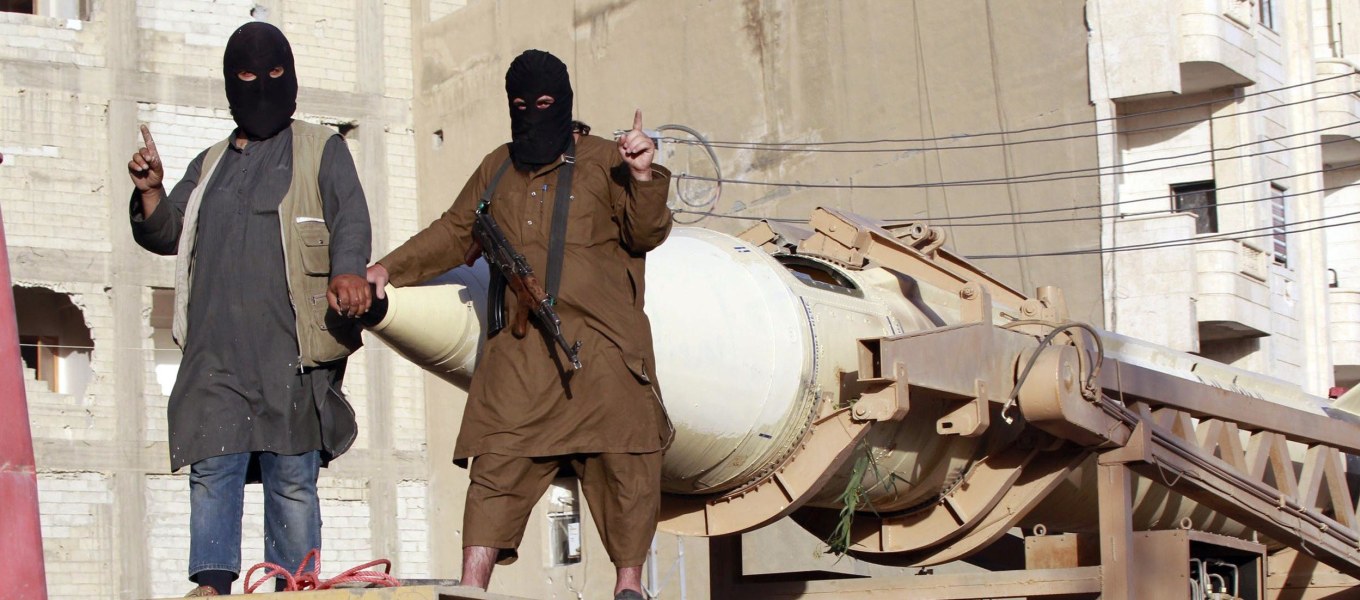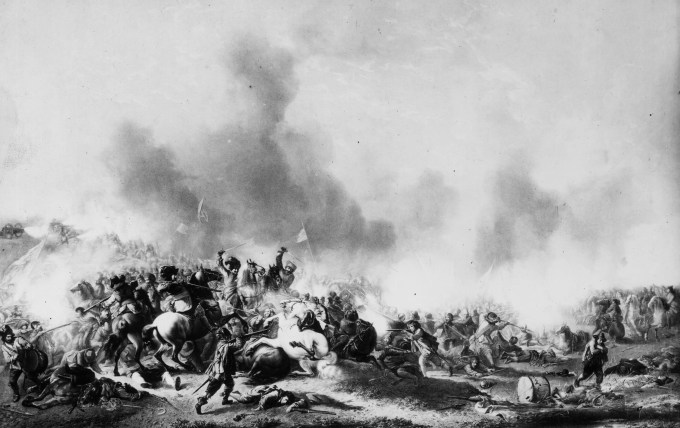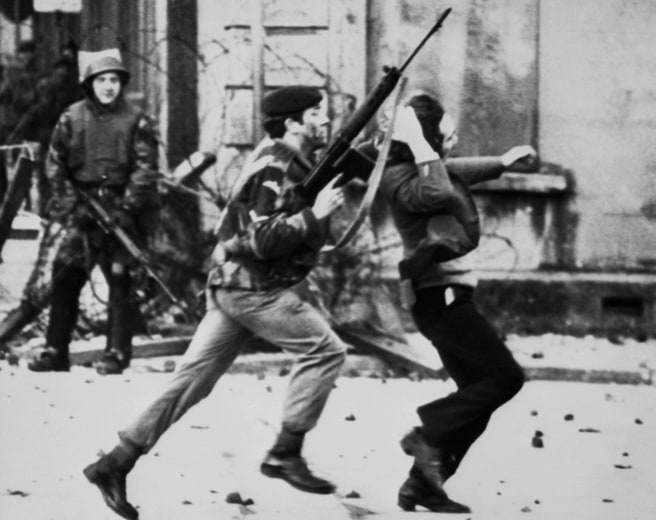Worsening violence between Islamic militants and the Iraqi government threaten to erupt into a larger regional conflict.

News Analysis
As shocking as the video clips of Sunni militants mowing down Shiites in Iraq with AK-47s and then handing out Qurans can be, the barbarity is not new nor unique to the Muslim world.
This extreme violence that is gripping Iraq is largely being cast as a religious war – in this case pitting Sunni against Shiite Muslim extremists. But if history is any indication, painting it as a bloody crisis of Islam misses the point.
Militants under the black banner of the Islamic State of Iraq and al-Sham (ISIS) proclaim they are fighting in the name of Allah. Their stated cause – to establish a caliphate, or Islamic state – only reinforces the sense of a battle royal between two brands of a single religion. But, through the centuries and continents, from Europe to the Middle East and beyond, religious conflicts evolved into battles over power and politics – much like in Iraq today, where ISIS has claimed the mantle of Islam’s only defender.
"Cromwell was tolerant of Jews and Quakers, but when it came to Christians of a different hue, he was happy to see even their priests or female camp followers brutally put to the sword."
"Europe and other regions have witnessed similar turbulent moments," said Fawaz Gerges, Director of the Middle East Center at the London School of Economics. "The formation of Europe, for example, was the result of centuries of devastating religious war."
Like Iraq, there was much more than religion at stake. Take the Thirty Years War.
Fought between 1618 and 1648 on mostly German soil, it pitted German Roman Catholics against reform-minded Lutherans and puritanical Calvinist Protestants. While at least 30 percent of Germany was left in ruins, most of the devastation occurred when that war spread throughout the rest of Europe, reigniting rivalries that were not always about religious sects or dogma.
At one point, Catholic France joined the Protestant side and sent an army to invade Catholic Spain, fearing that – as part of the growing Hapsburg Empire – Spain had become too powerful. Geopolitics trumped religion.
Around the same time, England was struggling through a civil war of its own between monarchists and rebels. Much like the conflict between Sunnis and Shiites, this 30-year war started out sectarian in nature but morphed.
"In both cases, two causes divided by religion and ideology seem to have found a reason to fight, before the shock of actual bloodshed led to ever-deepening hatred," said Charles Spencer, brother of the late Princess Diana and author of upcoming "Killers of the King."
 HULTON ARCHIVE VIA GETTY IMAGES
HULTON ARCHIVE VIA GETTY IMAGES
It did not matter that both sides believed in the same God. General Oliver Cromwell, the Protestant leader of parliament, turned torture into a fine art. King Charles 1 – a Catholic – was beheaded.
"Cromwell was tolerant of Jews and Quakers, but when it came to Christians of a different hue, he was happy to see even their priests or female camp followers brutally put to the sword," Spencer said. "Divided religion – especially when the creeds are closely intertwined – can quickly lead to the bitterest of conflicts."
That has long been the case between Sunnis and Shiites.
Both sects of Islam read the Quran and believe the Prophet Mohammed was the messenger of Allah. Both adhere to the same five tenets of Islam, from fasting during Ramadan to pledging devotion to their faith. Sunnis and Shiites both believe in Islamic law, though they have different interpretations. And while they pray at different times, their prayers are much alike.
But despite the similarities, Sunnis and Shiites have been divided for nearly 1,400 years. Their key theological difference is over who should have succeeded the Prophet Mohammed. Political rivalries – not religious beliefs – were at the root of the original schism between the two sects. Over time, these rivalries have sparked wars, as well as the current fight.
Still, the role of religion can be understated as well. The media will often describe Iraq and other modern-day conflicts as ethnic – instead of religious – strife.
The website Religious Tolerance.org points to Northern Ireland’s so-called Troubles, which kicked-off in the late 1960s between pro-Irish republicans and pro-British loyalists and claimed more than 3,500 lives, as an example of how a simplistic description can obscure religious undertones. The conflict was "largely rooted in discrimination by the Protestant majority against the Catholic minority," it said in a report.
 THOPSON / AFP - GETTY IMAGES, FILE
THOPSON / AFP - GETTY IMAGES, FILE
Tensions in Northern Ireland only eased after concerted outside intervention and treaties – though still simmer decades later.
While in some cases wars of religion have been decided off the battlefield, experts and analysts fear Iraq’s current crisis will go the more violent route, with Sunni and Shiite front lines spreading across the Muslim world.
Today’s conflict is "driven more by a power struggle than a religious war," Gerges said, but "sectarianism is poisoning the veins of Arab and Muslim politics and threatening to escalate into an all-out war."
No comments:
Post a Comment